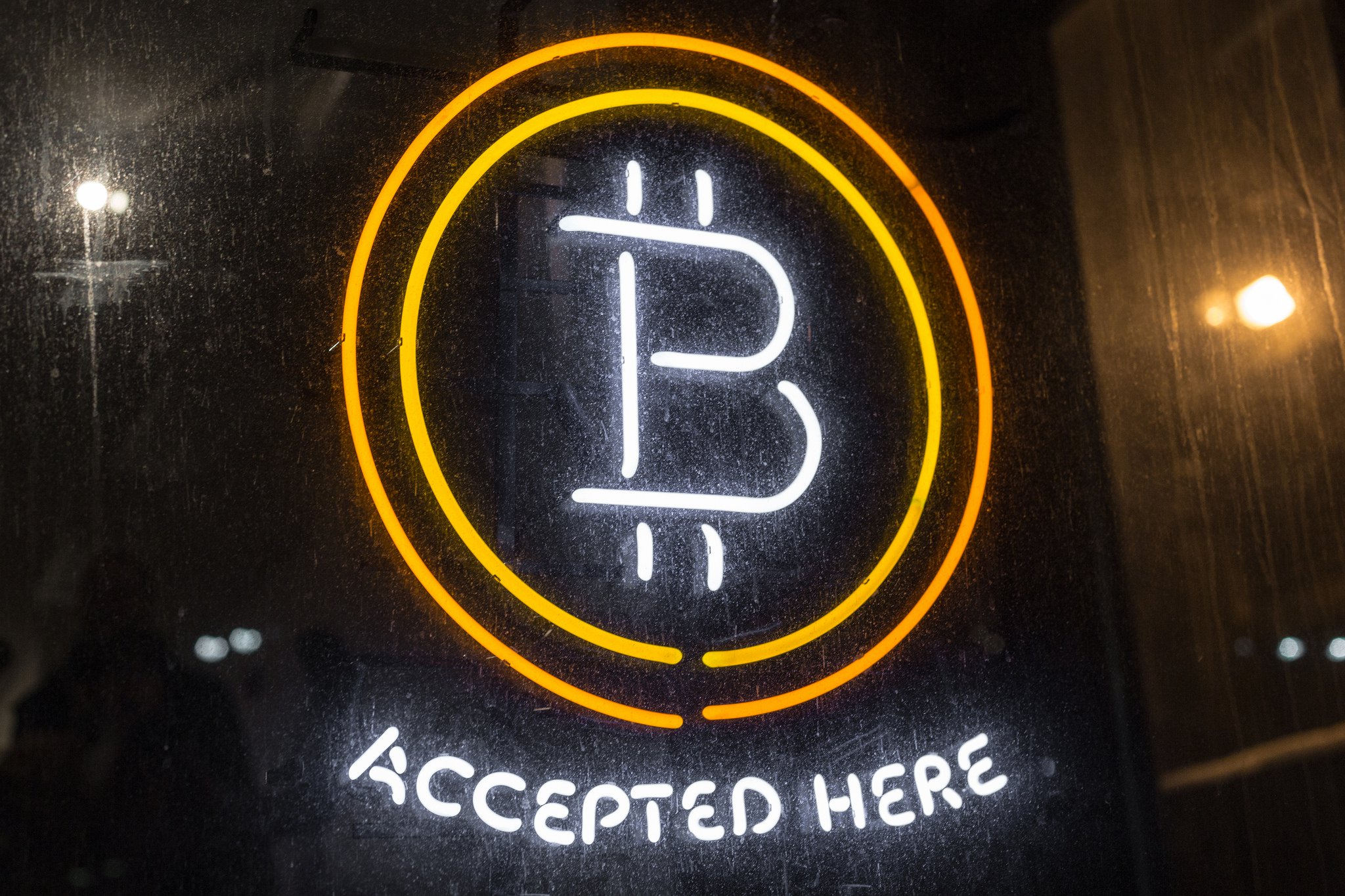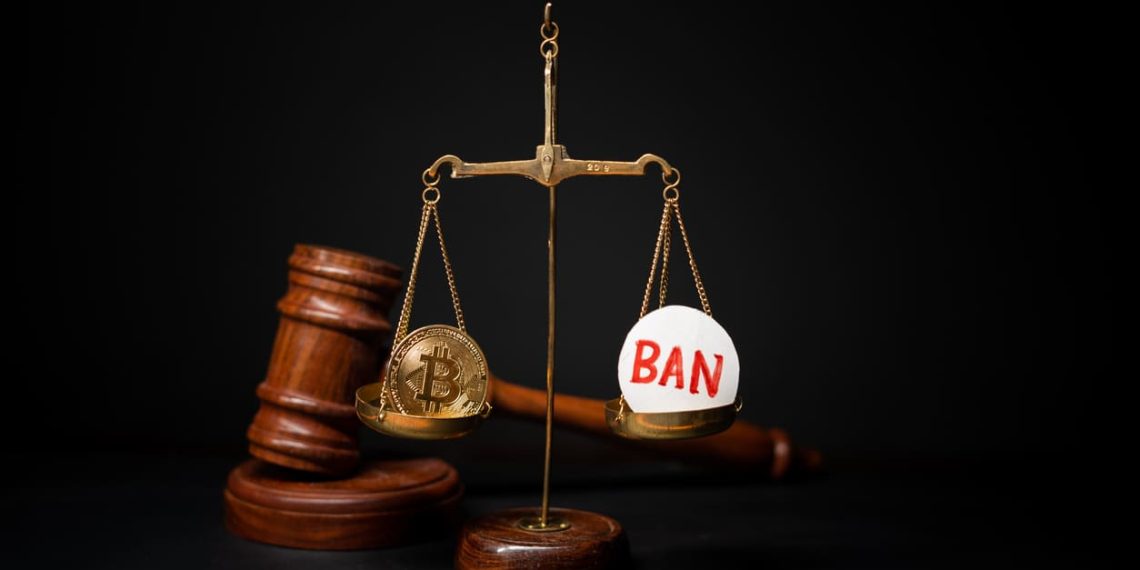The decentralized internet and cryptocurrencies have been at the forefront of technological innovations in recent years. They promise a new era of autonomy, privacy, and financial freedom. However, increasing government intervention poses a threat to these advancements. This article explores the reasons behind the perceived dangers of government involvement in the decentralized internet and cryptocurrency ecosystems.
Censorship and Control :
One of the main objectives of the decentralized internet is to prevent censorship and control by central authorities. Government intervention could lead to increased surveillance, control of information, and restriction of free speech. For example, governments could pressure internet service providers (ISPs) to block or throttle access to certain websites or services, undermining the decentralized nature of the internet.

Threat to Privacy:
Cryptocurrencies and decentralized internet services often emphasize user privacy, enabling secure and anonymous transactions and communication. However, government intervention could force service providers to implement backdoors or share user data with authorities, compromising users’ privacy and eroding trust in these platforms.
Regulation of Cryptocurrencies:
While some level of regulation may be necessary to protect consumers and prevent illegal activities, over-regulation could stifle innovation and growth in the cryptocurrency market. Strict regulations could make it difficult for new projects to launch or for existing projects to operate efficiently, leading to a reduction in competition and consumer choice.

Centralization of Power:
The core premise of cryptocurrencies and decentralized internet services is the distribution of power among users and stakeholders, preventing any single entity from dominating the ecosystem. However, government intervention could centralize power, undermining the fundamental principles of decentralization and creating potential points of failure or manipulation.

Economic Impact:
Government intervention in the form of taxation, capital controls, or even outright bans could negatively impact the growth and adoption of cryptocurrencies. These actions may deter investors, limit the ability to use cryptocurrencies for cross-border transactions, and impede the development of decentralized financial services, ultimately hindering the potential economic benefits of the technology.
Conclusion:
While some level of government oversight and regulation may be necessary to protect consumers and prevent illegal activities, excessive intervention could undermine the core principles of decentralization, privacy, and autonomy that the decentralized internet and cryptocurrencies aim to achieve. To ensure the continued growth and success of these technologies, a balanced approach is needed that respects the core values of decentralization while providing appropriate safeguards for users and the broader society.
